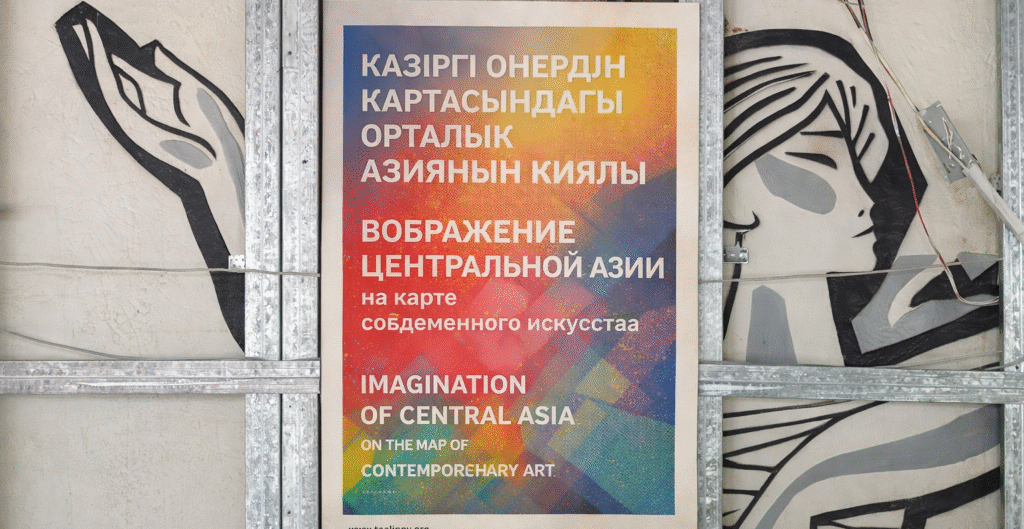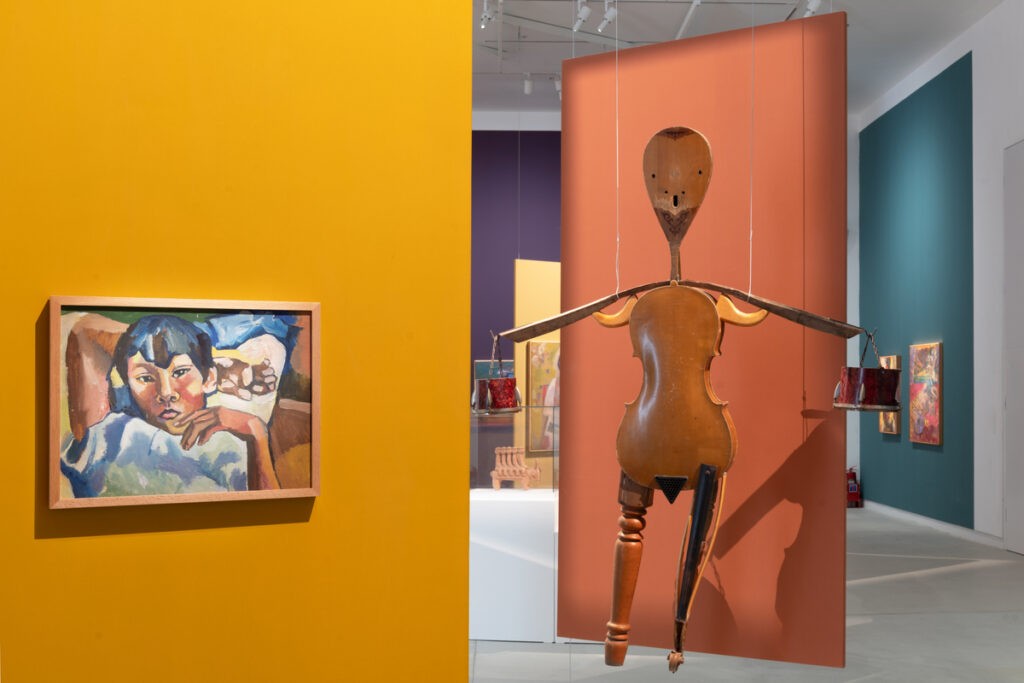The music of Kazakhstan is a bright reflection of the national identity. From pop classics to groundbreaking hip-hop sounds, Kazakhstani artists are creating more than just songs – they’re blazing a new cultural trail, where every chord and lyric is imbued with a unique identity. TCA has compiled a list of six key names whose music has united generations, captured hearts and made Kazakhstan a prominent spot on the global music map.
Dos-Mukasan
Dos-Mukasan have been one of the most popular bands in Kazakhstan since the late 1960s. The group was created by students of the Kazakh Polytechnic Institute and soon became a firm favorite with the public. They combined folk motifs with elements of rock music, which was revolutionary at the time, and set a new vector for Kazakhstani pop music. Their compositions, such as “Aliya” and “Toi Zhyry”, remain popular and are played at various events, evoking a strong sense of nostalgia among the older generations.
Following the release of the movie Dos-Mukasan in 2022, the band gained a second lease of life with a younger audience. Now, the legendary band can be heard on a new generation of headphones, and the number of monthly listens on Spotify has already exceeded 19,000.
Roza Rymbayeva
Roza Rymbayeva, the “Nightingale of Kazakhstan”, is one of the most famous performers from Soviet-era Kazakhstan. Her career began in 1975 when she became a soloist with the Arai ensemble and quickly gained immense popularity. Rymbayeva continued her career performing on various international stages and won a plethora of awards. Her songs are characterized by strong vocals and deep content, and many, such as “Aliya,” have become true classics of Kazakhstani pop music.
Kairat Nurtas
Kairat Nurtas is one of the most commercially successful performers in modern Kazakhstan. He began his musical career as a teenager, and by the 2010s had become a star of the Kazakh pop scene. His songs, such as “Arman” and “Almaty tүni,” became hits, winning over fans across the country. Kairat is listened to by both the younger generation, who appreciate his modern pop sounds, and more mature listeners, who are drawn to his lyrics and national motifs. Thanks to his charisma and ability to find a common language with different generations, Kairat has a huge army of fans and has a significant influence on the modern pop culture of Kazakhstan.
Dimash Kudaibergen
Dimash Kudaibergen is a singer with a unique voice, the range of which reaches six octaves. He became famous globally thanks to his participation in the Chinese show “I Am a Singer” in 2017, where he captivated the audience with his powerful voice. Dimash has won numerous international awards and actively popularizes Kazakh culture abroad, incorporating national themes into his performances. His compositions, “S.O.S” and “Acapella” have been recognized both in Kazakhstan and far beyond its borders.
Skriptonit
Skriptonit (Adil Jalelov) is one of the most influential rappers in Kazakhstan and the CIS. His style combines elements of hip-hop, rap, and various experimental genres. He became popular thanks to his debut album “House with Paranormal Phenomena” and subsequent works, which reflected both his depth of personal experiences and social themes. Skriptonit has set a new standard in Kazakhstani rap, and inspired a generation of young artists.
Darkhan Juzz
Darkhan Juzz (Darkhan Juzbay) is one of the brightest representatives of the Kazakhstani alternative scene. His style combines elements of indie rock, jazz and soul, which makes his music both unique and deeply emotional. Darkhan Juzz has found his audience through his sincere and melancholic lyrics, which touch upon such themes as loneliness, love, and self-awareness. His compositions, such as “Úıde” and “Sheker” have gained popularity among young people, and Darkhan has become a symbol of modern Kazakh music.









